Pipeline infrastructure is vital to helping the nation function. In fact, there are approximately 2.4 million miles of pipelines in this massive transportation system. Last year alone, Americans consumed 34% of the natural gas and 35% of the oil as a portion of our total energy consumption. As energy demand increases, more transmission, gathering, and distribution lines need to be built or updated.
So why are these pipelines so important? Because they cross multiple state lines and deliver fuels and raw materials to a variety of consumers, including homeowners, businesses, and power plants. Pipeline maintenance and corrosion prevention are therefore very important matters, and in the oil and gas industry, API 5CT oil casing and tubing play a vital role in ensuring the structural integrity of oil wells. However, exposure to corrosive environments such as high-sulfur formations, sour gases, and saline groundwater presents significant challenges. Without the proper corrosion protection technology, casing and tubing can quickly deteriorate, leading to costly failures, production downtime, and even environmental harm.
This article explores the most effective corrosion protection technologies for API 5CT casing and tubing, focusing on protective coatings, material selection, cathodic protection, and advanced surface treatments. Whether you are in the upstream industry or a supplier looking to extend the life of your products, it is critical to understand these solutions.
1. First of all, ensure that water quality meets the standards and strictly test and manage water quality. Implement separate injection of cleaning and pollution, strengthen the cleaning of the main water pipeline, ensure that the water quality in the station and at the bottom of the well meets the standard, and reduce the introduction of corrosion sources into the annular space;
2. For newly commissioned water injection wells, adopt annular protection fluid mainly for sterilization, and form a system to add it regularly;
3. In view of the accelerated effect of mechanical abrasion on the corrosion of oil casing, it is recommended to add a rubber ring to the tubing coupling or a centralizer to the part with serious well deviation to avoid the tubing from scratching the casing and contacting the casing on one side during the operation and water injection process;
4. In view of the serious corrosion of bacteria under the scale and the slow growth and killing of SRB at high temperature, high-temperature water or steam of 100 degrees Celsius can be regularly injected into the annulus to kill SRB under the scale;
5. Before the corrosion in the casing of the water injection well is effectively controlled, it is not recommended to promote the use of cathodic protection and coated casing.
Corrosion resistance of casing and tubing
|
Grade
|
Anti-corrosion performance requirements
|
|
Hydrogen sulfide stress corrosion test (SSC)
|
|
According to NACE TM 0177 -A - A solution, 720 hours without cracking
|
|
OD6.35 sample
|
OD 3.81 sample
|
|
SYMS values
|
|
C90 T95 BT-110S
|
80%
|
72%
|
|
BT-80S BT-90S BT-95S BT-110
|
85%
|
76%
|
|
BT-80SS BT-90SS BT-95SS
|
90%
|
80%
|
|
C90 T95(PSL2)
|
90%
|
80%
|
The importance of corrosion protection of API 5CT oil casing and tubing
1. Ensure structural integrity
Corrosion will damage the structural integrity of the tubing and casing, leading to potential failures and endangering oil well operations. Preventing corrosion is essential to maintaining the strength and durability of these critical components.
2. Enhanced safety
Corrosion-related failures can lead to leaks or blowouts, posing major safety hazards. Effective anti-corrosion technology helps mitigate these risks and ensure safer drilling and production operations.
3. Reduce maintenance costs
By significantly reducing corrosion, the frequency and cost of maintenance and replacement can be significantly reduced. This can improve operational efficiency and reduce overall operating expenses.
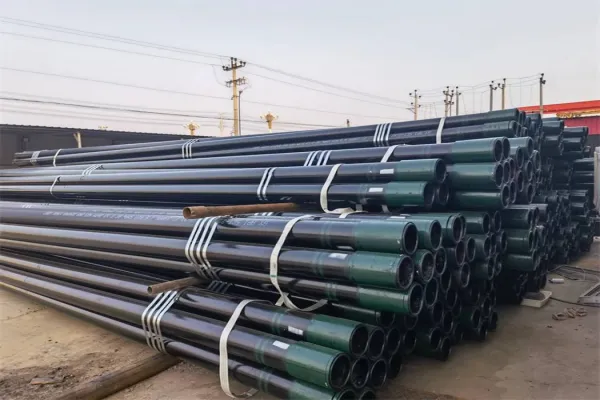
Summary
API 5CT standard oil casing pipe plays an important role in preventing oil wells from being damaged by shallow oil layers and supporting oil and gas transportation. In addition, the casing can support the weight of the wellhead layer to prevent collapse.
API 5CT casing ensures the smooth progress of the entire drilling process, and then transports oil and gas from the well to the ground.
API 5CT oil casing is the lifeblood of the oil well, so its quality requirements are high. Because in special environments, poor quality pipelines are easily damaged. It is easy to cause accidents and even directly lead to the scrapping of oil wells. Therefore, there are many requirements for the selection of API 5CT oil casing, such as purchasing according to the bottom hole pressure. When you purchase casing, we recommend that you choose a reputable company that provides casing and tubing that will always perform well even in adverse conditions.








 English
English Español
Español بالعربية
بالعربية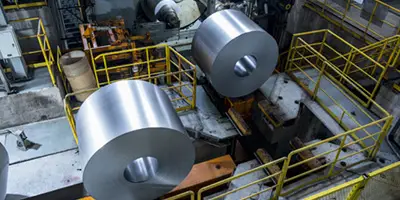

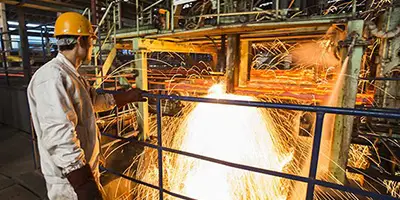
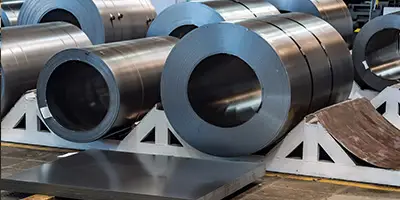

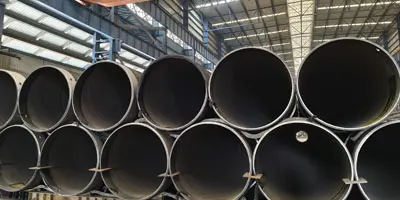
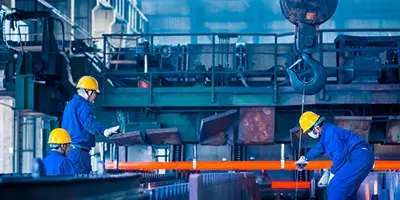
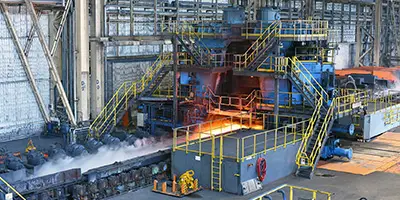
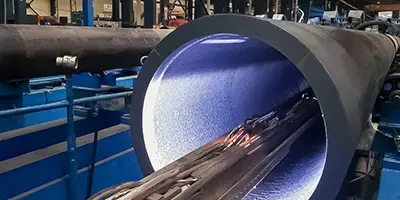
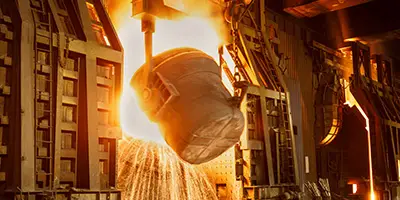
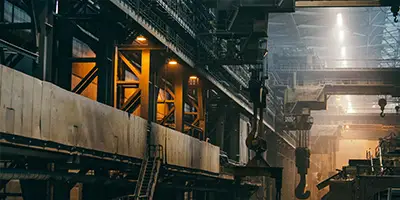

 Phone :
Phone :  Whatsapp :
Whatsapp :  Email :
Email : 


